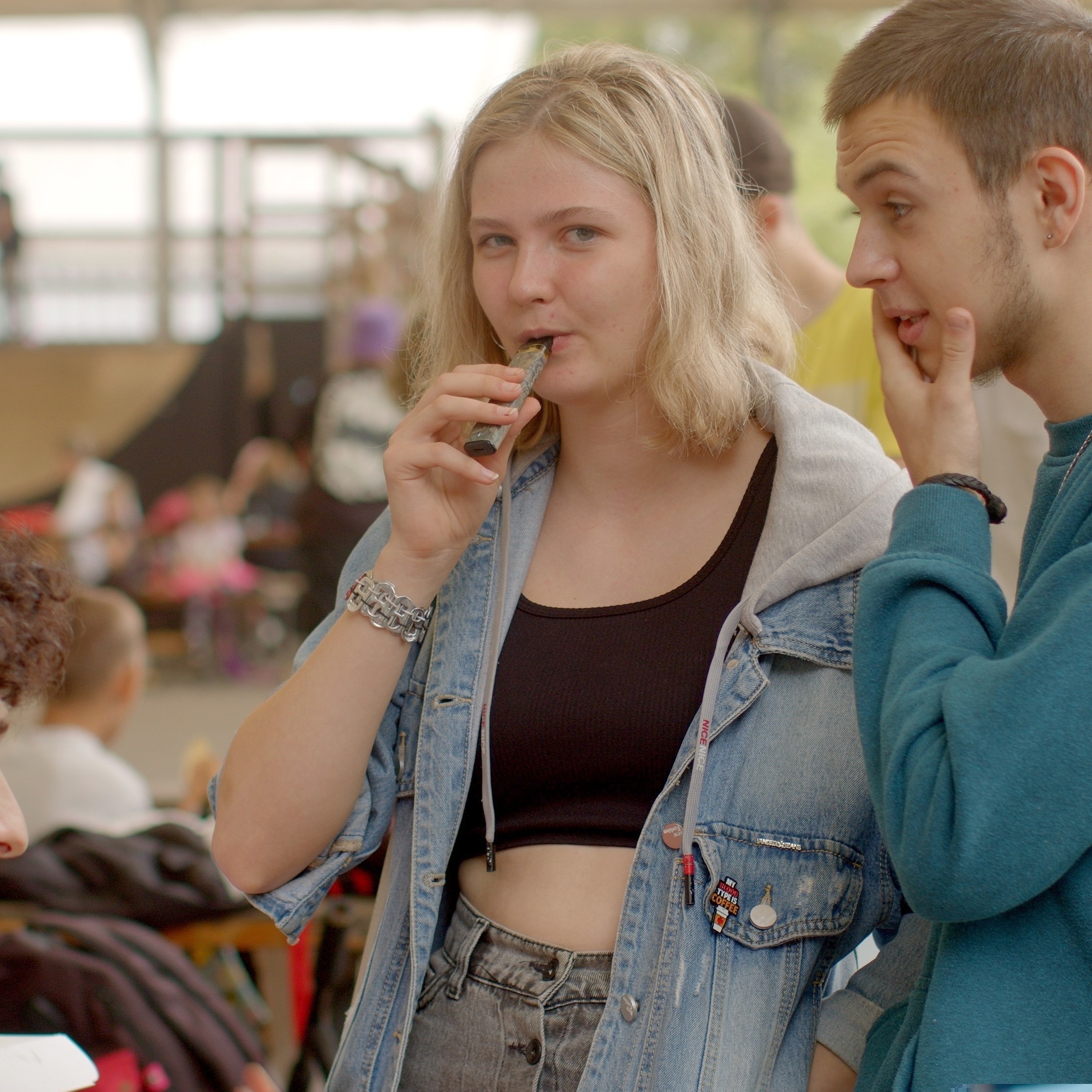Positive Approaches to Behaviour | Jonathan Newport
Host Clare discusses the importance of positive approaches to behaviour with expert guest, Jonathan Newport.
Jonathan is the Global Director of Team Teach, leading providers of positive behaviour training and the power behind My Family Coach, a free resource for parents and carers. He has over 25 years’ experience working in education, including as headteacher of a Barnardo’s school.
Jonathan’s work in Special Educational Needs schools has been commended by the Department for Education and he’s been praised by OFSTED for his innovative approaches. He’s a highly respected speaker and trainer who is recognised internationally for his work on developing and supporting positive behaviour, ethos and culture.
In this episode, Jonathan recommends the book: Trust first: A True Story About the Power of Giving People Second Chances by Bruce Deel.
Jonathan also shares four top tips with us:
Growth: We all grow by being able to make mistakes, trying new things and pushing boundaries and not have a fear of failing.
There’s positive power in yourself: You are the barometer in the room and what you bring to the individuals you support. Your influence is hugely positively powerful.
The importance of culture: Creating the right culture will allow positive changes to happen. Making children and adults safe and confident in trying things, values and celebrates the idea of positive behaviour.
Trust: Creating positive behaviour and building relationships all boils down to trusting the individuals you support and them having trust in you.
You can find Jonathan on LinkedIn. Find out more about Team Teach training on the Team Teach websites: UK and Global enquiries: https://www.teamteach.co.uk/, Australia and New Zealand enquires: https://18.171.59.223.au/
You’re listening to the Team Teach podcast. In each episode, you’ll catch Team Teach Principal Trainer, Clare Edmondson, talking with a guest about an aspect of behaviour. Find out the latest thinking in behaviour, continue your own professional development, and leave with three practical tips you can use in your setting. It’s perfect for any professional working in education and health and social care.








